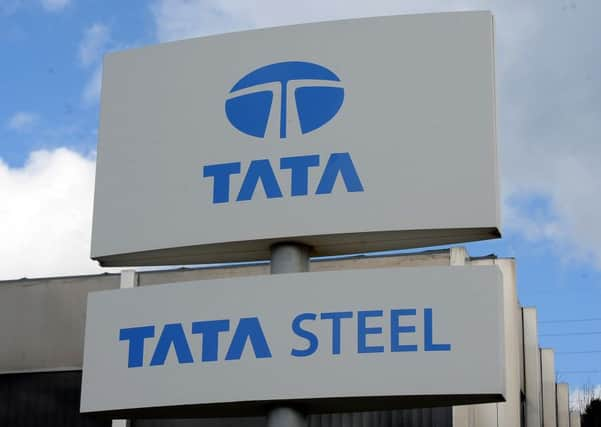IAIN WRIGHT: Still uncertainty over town's steel industry


First, the good news for steel. Tata announced this week that it has agreed to start the process to sell its long products business to Greybull Capital. This will affect steel plants at Scunthorpe and in Teesside and should safeguard the jobs and assets in those locations. Greybull has pledged that it will trade under the name of British Steel, which I think is a welcome move.
Although this is good news, there remains uncertainty for the workers at Hartlepool. Tata pipe mills in the town are not included in this deal with Greybull because it is not part of the long products business. It does, however, rely to a significant extent on this part of Tata’s operations, as steel is manufactured at other parts of the country and is then moved “downstream” for places like Hartlepool to use the steel to make high quality products. I understand that earlier this week Tata formally put its facilities at Hartlepool and other places which make similar products, up for sale.
Advertisement
Hide AdAdvertisement
Hide AdThis, especially in the wake of the Greybull announcement, causes uncertainty for the steelworkers at Tata in the town and their families. This is obviously an anxious time, because workers simply don’t know what the future will hold, whether a buyer will come forward and save their jobs.
As I see it, the facilities at Hartlepool constitute a fantastic business. The future of the steel industry in Britain is by being superb at that “downstream” part of the steel making and producing process, developing products and services in close collaboration with customers. Hartlepool is one of the best examples of that, as I mentioned in the House of Commons this week, but this period of uncertainty needs to be managed and as much clarity provided as possible. Hartlepool is truly world class when it comes to providing products to the oil and gas industry, but of course that industry has been suffering too as a result of the cheap oil price. However, the facility at Hartlepool has been diversifying into other markets like energy, particularly offshore wind, and infrastructure works.
Crucially, I think that a period of time is needed to ensure that a responsible buyer is identified, who wants to maintain jobs, rather than asset strip. It also requires Tata to be a responsible seller, who ensures that the process of selling the business takes as long as it takes to ensure that it stays open rather than seeing hard closure. The sale of the long products division took about nine months (2 years in one interpretation) and is far from over even now. It also needs the Government to act, ensuring that everything is done to safeguard the downstream activities of steel in Britain. That might need “co-investment”, whatever that means, as the Government has talked about this week. It also needs the government to bring forward infrastructure projects and offshore wind contracts that would really help steel. Less than a month ago, the Government published its Infrastructure Plan. In a 100-plus page document, it only mentioned steel once. As I mentioned in the House of Commons this week, the Government needs to emphasise the importance of steel and take decisive action, rather than merely pay lip service.
Tata’s facilities are hugely significant, first and foremost for the impact to the local economy, providing great, well-paid jobs in Hartlepool. However, I don’t think we should underestimate its importance to British manufacturing as a whole, an essential part of the industrial supply chain.